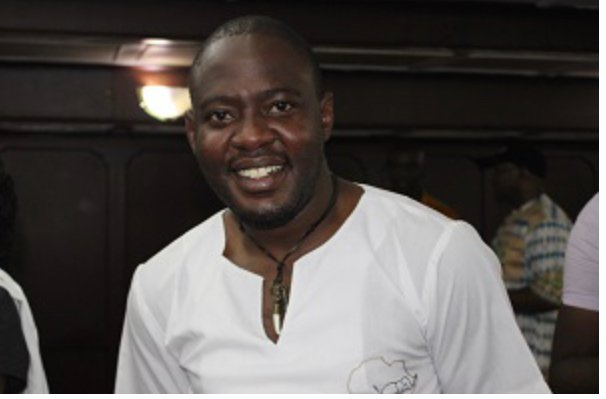The National Association of Youth Organisations (NAYO) is expecting the Finance Minister Professor Mthuli Ncube to increase allocation to the youth ministry to 10 percent of the entire budget.
The Zimbabwe Youth Act defines a youth as someone aged from 15 to 35.
According to statistics, the youth demography constitutes 67% of the population yet the ministry that oversees this section of society is underfunded.
However, the Minister of Finance and Economic Development will present the 2023 budget later today before parliamentarians take it up for debate.
In an interview with Open Parly, NAYO Monitoring and Evaluation Research And Learning Officer, Macdonald Munyoro said the Minister of Finance should allocate more money to the Youth ministry.
“We are anticipating an increase in the allocation of the budget to the ministry of youth.
“If we check over the last three years or so the ministry is one of the least allocated, where it gets at most three percent of the total budget.
“For 2023 we are expecting a budget increase of maybe 10 percent of the total budget.
“In our view, this is going to be critical in financing different departments and components under the ministry for example if you look at youth empowerment and economic development.
“It starts with the running and maintaining different training centres across the country, but if you look at the budget allocations in most cases they are only able to either refurbish the center or do very minimal work,” Munyoro said.
Youth Empowerment
In October parliament held pre-budget consultations and the majority of the youths in attendance implored the government to increase and avail capital for youth-led projects.
Owing to the high unemployment rate in the country, youths have resorted to establishing start-ups with others working in the informal sector but access to finance remains a problem.
Zimbabwe has a high unemployment rate with the World Bank estimating that 60% of the economy is informal.
However, Munyoro highlighted that the Minister of Finance should increase the budget allocation so that the Empower Bank has resources to fund youths start equitable across the country.
“Then we are also looking at a substantial amount of money also being given to the Youth Empower Bank.
“The bank receives funding from the government to support different youth social and business enterprises in regards to capital so that cumulative across the country there can be an equitable distribution of resources,” Munyoro added.



